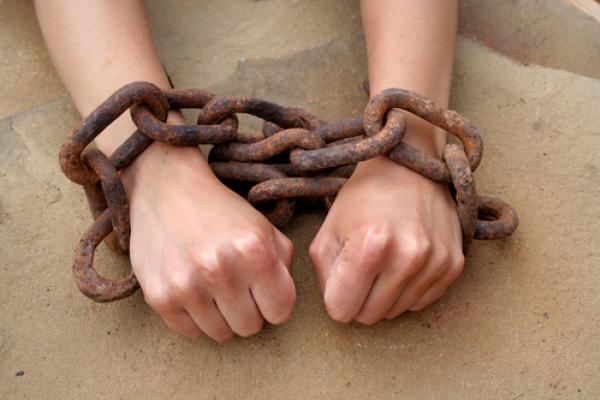President Obama speaking to the Clinton Global Initiative on Tuesday:
I want to discuss an issue that relates to each of these challenges. It ought to concern every person, because it is a debasement of our common humanity. It ought to concern every community, because it tears at our social fabric. It ought to concern every business, because it distorts markets. It ought to concern every nation, because it endangers public health and fuels violence and organized crime. I’m talking about the injustice, the outrage, of human trafficking, which must be called by its true name — modern slavery.
Now, I do not use that word, "slavery" lightly. It evokes obviously one of the most painful chapters in our nation’s history. But around the world, there’s no denying the awful reality. When a man, desperate for work, finds himself in a factory or on a fishing boat or in a field, working, toiling, for little or no pay, and beaten if he tries to escape — that is slavery. When a woman is locked in a sweatshop, or trapped in a home as a domestic servant, alone and abused and incapable of leaving — that’s slavery.
When a little boy is kidnapped, turned into a child soldier, forced to kill or be killed — that’s slavery. When a little girl is sold by her impoverished family — girls my daughters’ age — runs away from home, or is lured by the false promises of a better life, and then imprisoned in a brothel and tortured if she resists — that’s slavery. It is barbaric, and it is evil, and it has no place in a civilized world.
Read the Full Article

